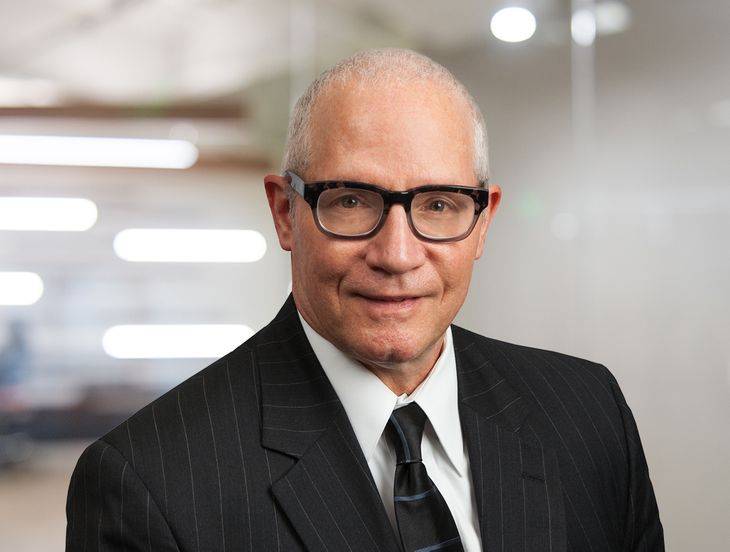Supreme Court Punts On Issue Of "Standing" To Pursue Class Action Claims
Insights
5.20.16
Earlier this week, by a 6-2 vote, the Supreme Court issued a “no decision” decision on an issue important to employers facing class action litigation. The Court decided that the 9th Circuit Court of Appeals needed to review again a question of whether plaintiffs have standing to pursue class action claims on behalf of themselves, and others similarly situated, if they cannot show that they have suffered actual harm. By failing to decide the question one way or the other, the Court effectively delayed a determination of whether employers will have another tool to help curtail costly class action claims, or whether they will face a substantial increase in the number of such claims (Spokeo, Inc. v. Robins).
Can You Sue If You Are Not Really Damaged?
The case at issue is not actually an employment case, but the ultimate resolution of the case could aid businesses battling employment claims or, alternatively, force employers to defend a greater number of such claims. Spokeo, Inc. operates an online “people search engine” which gathers information from a wide variety of sources, including telephone books, real estate listings, and social networks (like Facebook, Instagram, LinkedIn and others). The information, once published on the Internet, can be utilized by financial institutions, or retailers running credit checks, or employers running job candidate background checks.
Thomas Robins sued Spokeo in 2010 after it published false information about him. Among other things, Spokeo published information that Robins possessed a graduate degree, had children, and was older than age 50. None of this information was accurate.
However, Robins did not allege – and could not demonstrate – that he sustained any actual harm, a so-called “injury in fact”, from the incorrect information. Instead, he simply argued that the defendant committed a technical violation of the Fair Credit Reporting Act (FCRA), and therefore should be liable to him for damages. He brought his claim as a class action lawsuit, hoping that anyone else who fell victim to such errant reporting would be able to join his claim.
A lower federal court dismissed Robins’ claim, deciding that he lacked “standing,” the legal right to pursue a lawsuit, because he could not demonstrate any actual harm. But in 2014, the 9th Circuit Court of Appeals reversed the lower court and allowed Robins to proceed. It held that a demonstration of concrete harm was not necessary to advance a FCRA claim, and that a class action was appropriate. Spokeo appealed to the Supreme Court, which agreed to hear the dispute, but ultimately it only issued a “no decision” ruling.
Supreme Court Rejects Class Litigation
In a May 16, 2016 opinion authored by Justice Samuel Alito, the Supreme Court directed the 9th Circuit to review the standing question again. The Court concluded that in order to have standing to sue, Robins needed to show that he had suffered an “injury in fact” from Spokeo’s publication of the incorrect information about him. The Court emphasized that the injury needed to be both “concrete and particularized,” but that the 9th Circuit’s reasoning conflated these two requirements by holding that Robins had sufficiently alleged a “concrete” injury because it was particularized.
The Court emphasized that a “concrete” injury did not necessarily need to mean a “tangible” injury, holding that even an “intangible injury can nevertheless be concrete.” However, the Court said the 9th Circuit needed to conduct a more thorough analysis of those questions in Robins’ case. The Court noted that Congress might have intended to curtail false information about consumers or job candidates when it enacted FCRA, but not every bit of false information distributed into the public domain will automatically result in the concrete harm necessary to create standing. “It is difficult to imagine,” the Court stated, how publishing an incorrect zip code, “without more,” could result in concrete harm.
What Does This Mean For Employers?
Well, nothing, yet. Although this was not an employment case, if decided in favor of Spokeo, ultimately it could be a huge victory for employers. No longer would employers be subject to class action litigation from their current or former workers who claim only to be the victim of technical violations of the law and cannot show actual harm. Examples of the types of class action claims which might no longer be permitted include certain ERISA benefits claims, allegations of ADA medical privacy violations, defamation lawsuits, data breaches, and any other legal schemes where a violation might occur without proof of actual damage.
On the other hand, if ultimately decided in Robins’ favor, we expect it would not take long for the plaintiffs’ bar to ramp up the filing of all manner of such class action claims. It is very possible that this case will wind its way back up to the SCOTUS in the next year or two after the lower court revisits the matter, at which time we may receive a definitive answer.
For more information, visit our website at www.fisherphillips.com or contact your regular Fisher Phillips attorney.
This Legal Alert provides an overview of a specific Supreme Court case. It is not intended to be, and should not be construed as, legal advice for any particular fact situation.
Related People
-
- Andrew Froman
- Partner
